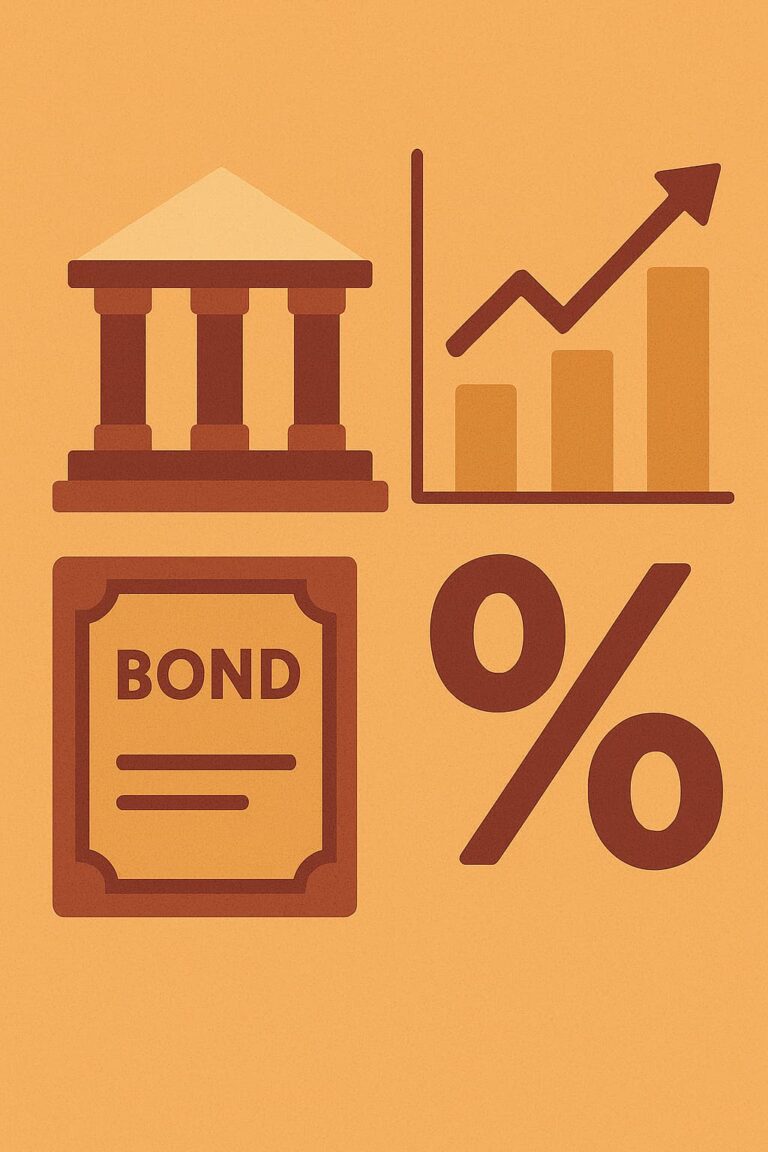Investing isn’t just about numbers and analysis—it’s also about behavior. Time and again, studies show that emotions like fear and greed often drive investors’ decisions more than logic. While markets rise and fall, it’s how you respond that determines long-term success. Recognizing and avoiding emotional traps is essential to building wealth with confidence.
Fear and Panic Selling
When markets drop, fear can trigger knee-jerk reactions. Investors may sell quality assets at a loss simply to escape uncertainty. While this can reduce short-term stress, it often locks in losses and prevents participation in the eventual rebound.
How to avoid it: Keep a long-term perspective. Instead of reacting to headlines, focus on fundamentals and remember that market downturns are natural cycles.
Greed and Chasing Returns
At the other extreme, greed tempts investors to chase hot stocks, sectors, or trends, often at inflated prices. By buying into hype, investors risk being the last to enter—right before the trend reverses.
How to avoid it: Stick to a disciplined investment plan. Diversify and avoid making decisions based solely on recent performance.
Overconfidence Bias
A string of successful trades can lead to overconfidence, causing investors to take excessive risks. Believing you can consistently “beat the market” often results in overlooking risks or ignoring diversification.
How to avoid it: Stay humble. Even professional fund managers rarely outperform the market consistently. Balance confidence with caution.
Herd Mentality
When everyone else is buying or selling, it can be difficult to resist following the crowd. But herd behavior often leads to bubbles and crashes, leaving latecomers exposed to heavy losses.
How to avoid it: Make decisions based on your goals, not market noise. Independent thinking backed by research is more reliable than following the crowd.
Loss Aversion
Psychology shows that people fear losses more than they value gains. This can lead investors to hold onto underperforming assets in the hope they’ll “bounce back,” or avoid investing altogether due to fear of risk.
How to avoid it: Set clear entry and exit rules. Accept that losses are part of investing, and focus on the overall performance of your portfolio.
Final Thoughts
The most successful investors aren’t just skilled analysts—they’re disciplined thinkers who can manage emotions. By recognizing psychological traps and sticking to a consistent strategy, you can avoid costly mistakes and stay focused on your long-term financial goals.





